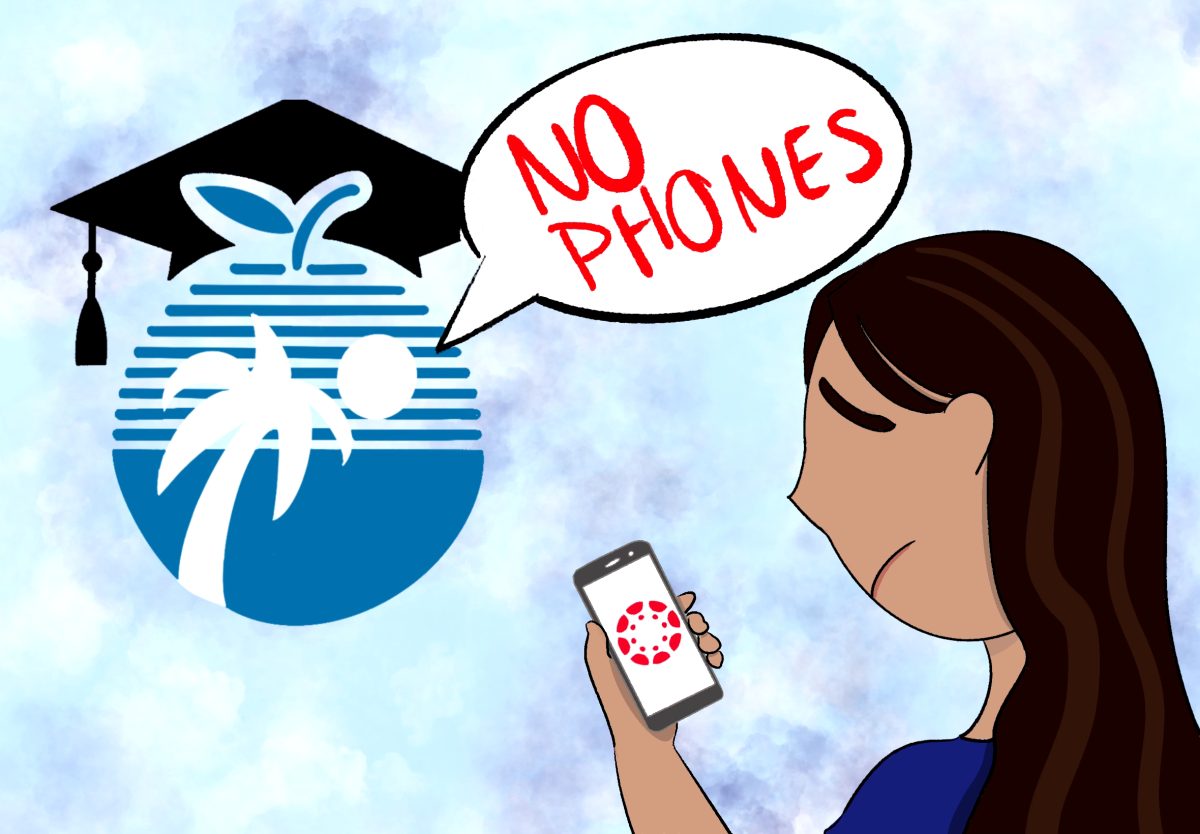Across America, there are a few common problems that people share when trying to lose weight: a lack of effort and time to properly exercise or manage a diet. Every day, people surf the internet, desperately seeking a way to lose weight easily. The enticing promise of achieving quick, effortless results from unethical weight loss methods can distract people from other, more ethical, options.
This desire to take the easy way out has led society to begin dosing themselves with drugs like Ozempic and Wegovy. Both of these drugs are designed specifically for people who are diagnosed with diabetes to improve their blood sugar levels, and should therefore, not be used by the general public.
Ozempic and Wegovy are designed to improve blood sugar in adults with type-two diabetes, a disease that causes low insulin production in the pancreas and low sugar intake by the body’s cells. Combined with constant exercise and a good diet, the drugs are well known to reduce the risk of major events like strokes and heart attacks in people with diabetes, as stated by the U.S. Food and Drug Administration in 2017. To get access to these medications, a doctor has to write a prescription.
While the main purpose of Ozempic and other drugs is to lower one’s blood sugar by producing insulin, weight loss is also a well known side effect. However, the sole use of these drugs for weight loss is not approved by the FDA.
Ozempic, known commercially for their jingle, has become the go-to weight-loss drug in America, offering a high reward with no effort required. Common side effects of taking Ozempic are pancreatic inflammation, allergic reactions, kidney failure, low blood sugar and gallbladder issues, all of which can be caused by incorrect dosage and allergies to the drug.
Ozempic is presented in the form of a pen with a needle that can be used in six steps, according to the Ozempic website. It is taken once a week and injects a certain amount of semaglutide based on prescription. Semaglutide is a type of medication that allows the body to produce more insulin, while reducing blood sugar.
The price of a subscription-based supply of Ozempic can reach $25 a month, or $300 a year. Ozempic can also be purchased in the form of a large box supply for $800–1000, depending on the amount of the drug given and the location that it is purchased from.
Recently, Ozempic has become accessible to the general public as a simpler method of weight loss. It was discovered that Ozempic and similar drugs produce a hormone that reduces digestion speed. This can eventually cause weight loss and a lack of hunger, but it can also be severely dangerous to the body due to its side effects, including nausea and inflammation.
The popularization of Ozempic’s subsequent side effects over the internet captured the eye of the public at incredible scales. Several people have taken to social media to share their experiences taking Ozempic and how it has allowed them to lose weight in short amounts of time. Although, it has been seen as partially conditional,. These posts include the fact that these people are physically active and endured several of the drug’s side effects to get to their current state.
The use of drugs such as Ozempic throughout life can be a lifeline for those in need, such as people with diabetes, but can quickly become a shortcut for others. This can become an issue as people are abusing drugs that they have not been prescribed, and are developing an attitude of laziness.
Wegovy has been popularized across America and Europe. It is made by the same company as Ozempic, and also features an injection-type medication called semaglutide. Wegovy is similarly, meant for people with diabetes, and causes a reduction of appetite hormones.
There have been countless programs, diets, medicines, and similar products that have boasted quick weight loss without much effort from the user. However, some people may endanger themselves if they do not look into the actual injection process and the side effects these methods of weight loss have.
With all of the proven evidence and facts that are open to the public, including the fact that Ozempic is specifically designed for those with diabetes, the risk of taking these drugs is up to the user. It is a matter of personal preference as to whether the benefits of using “weight loss” drugs outweigh the risks.
If a certain drug was only designed for certain people to take to carry out a specific purpose, the entire public should not be abusing it for a possible side effect. Healthy, cheaper substitutions are still available. Exercise such as running, walking, hiking, racing, and attendance at gyms are much more healthy for the common public, as are incorporating nutrition and diets into meals.
























